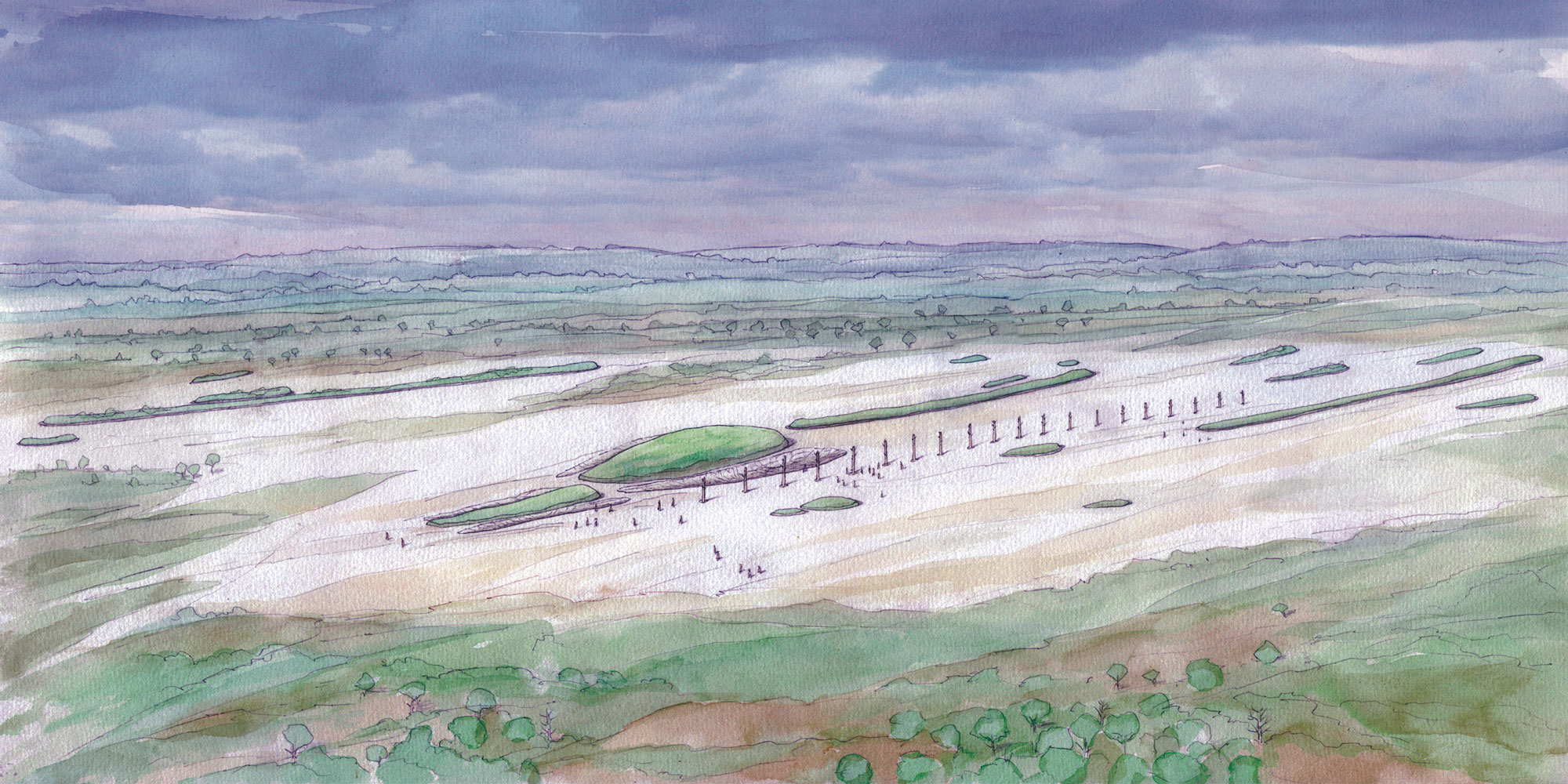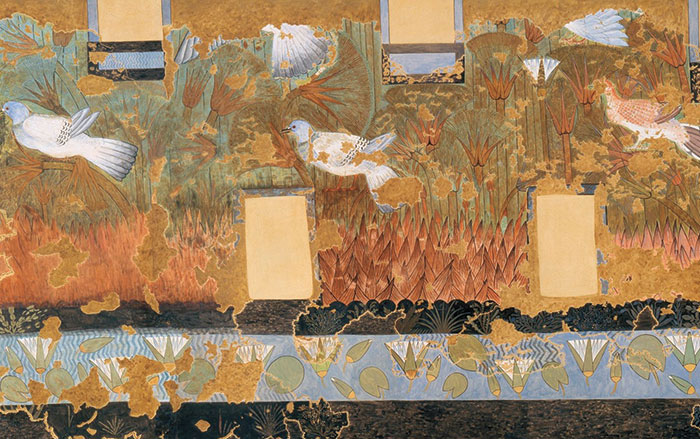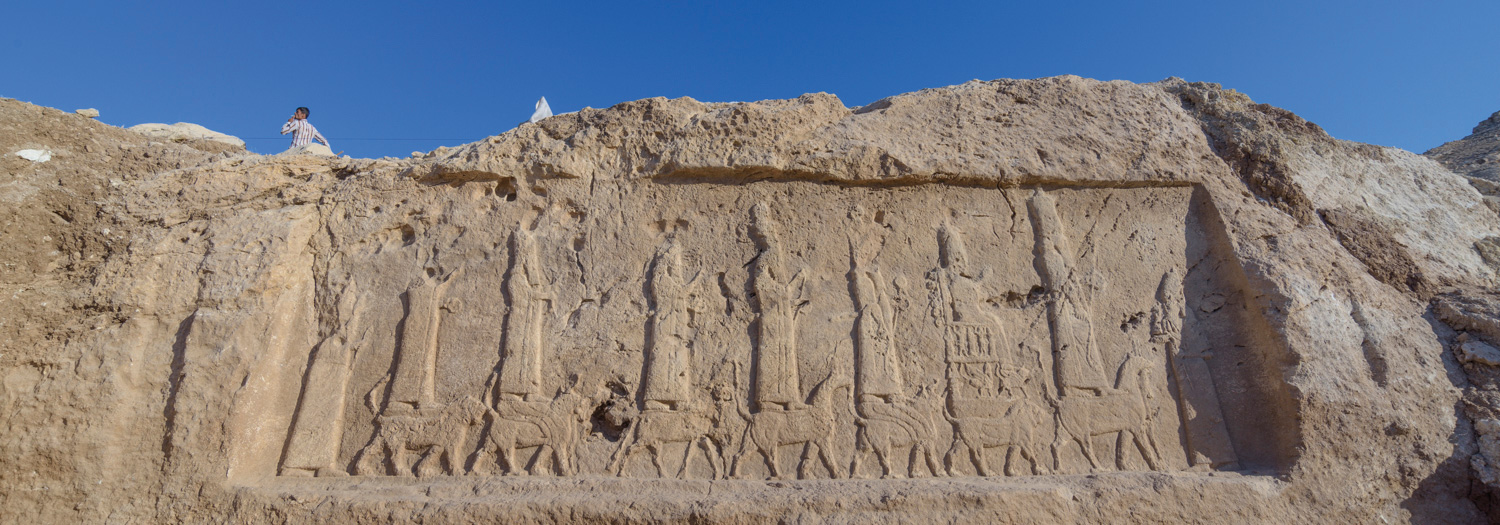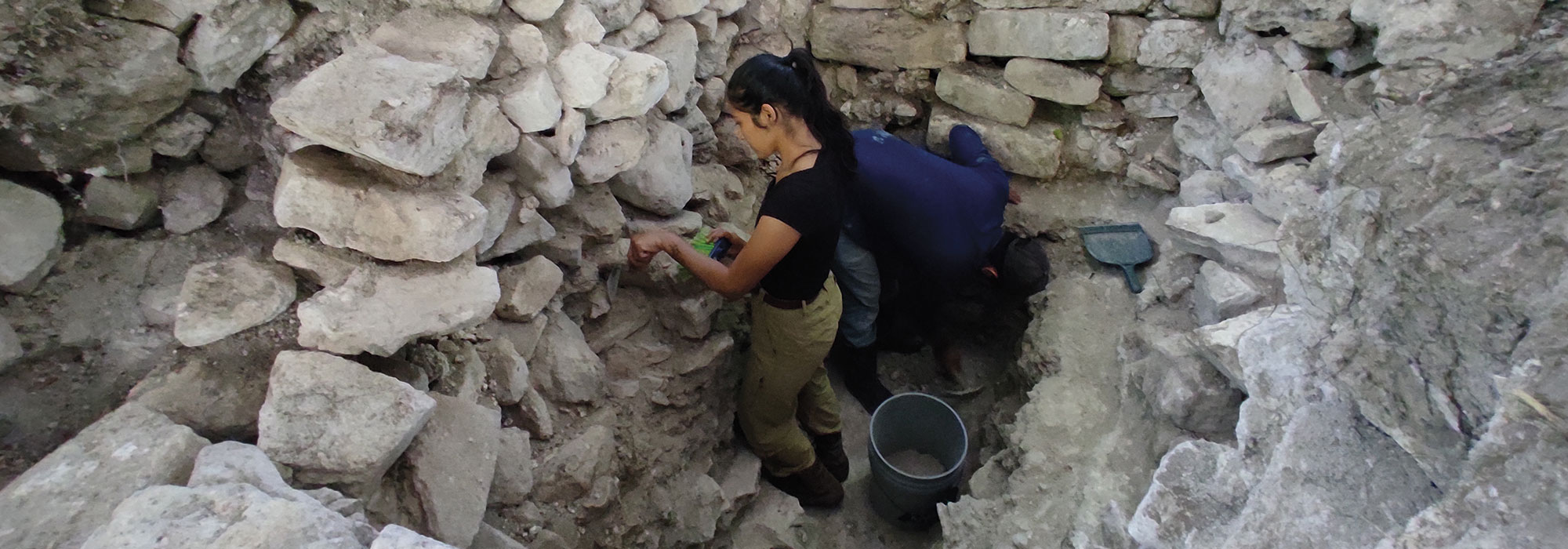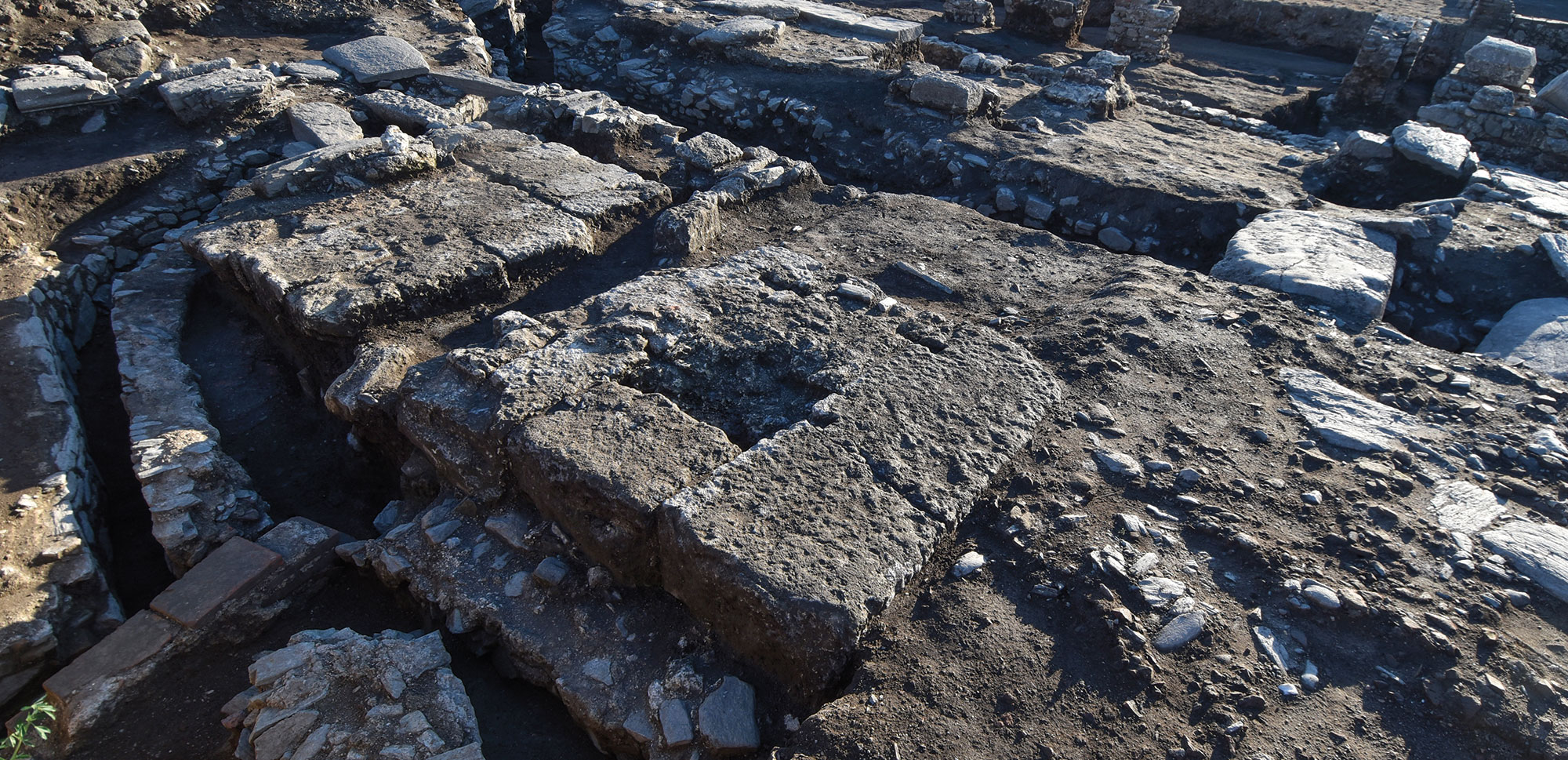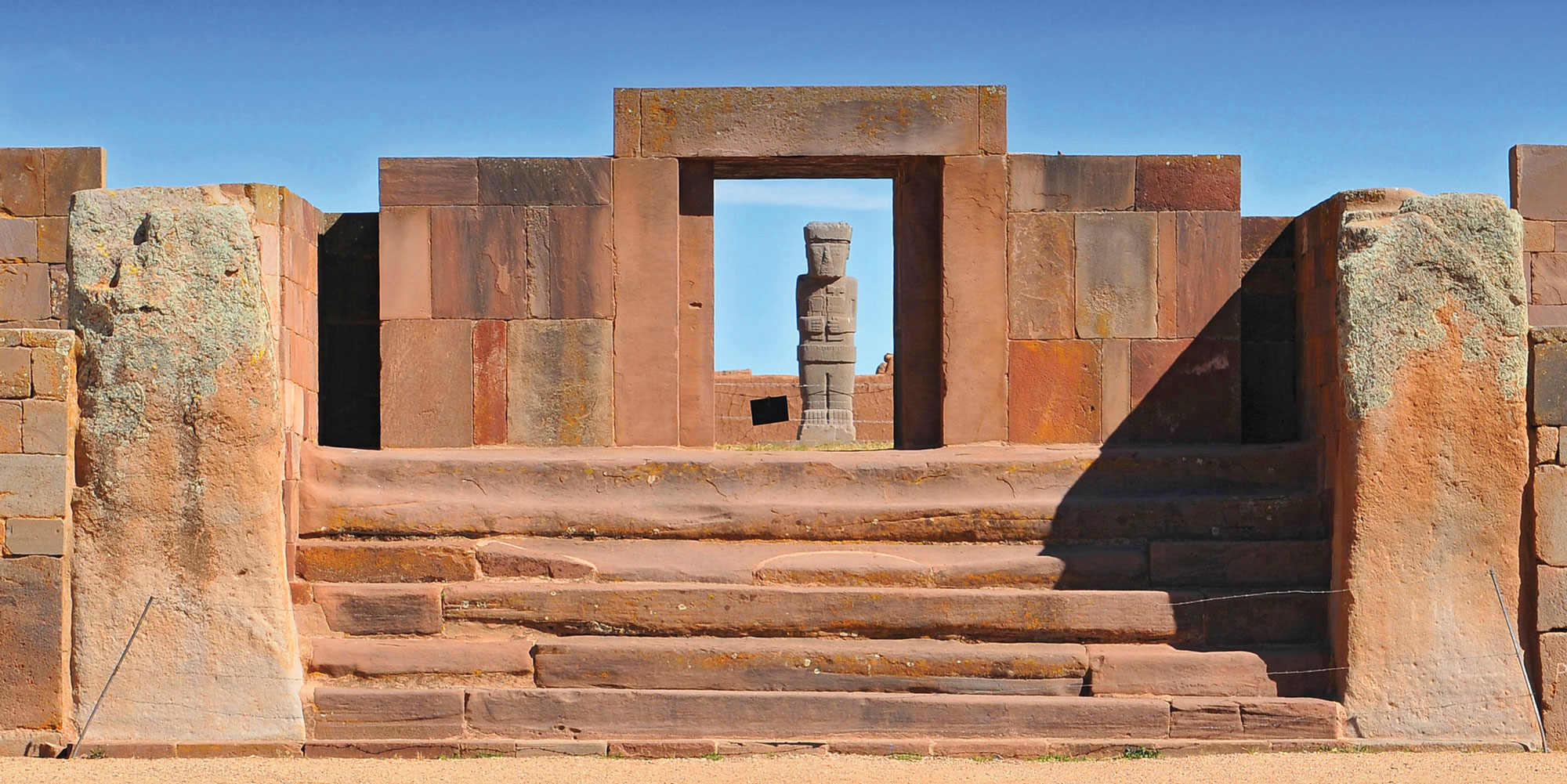
WROCŁAW, POLAND—Newsweek reports that correspondence between Roman centurions has been found on the outskirts of Berenice, an ancient port on the Egyptian coast of the Red Sea. Founded during the Greek Ptolemaic dynasty in the third century B.C., the city came under Roman control in 30 B.C. The papyrus letters, recovered in fragments from the site of a 2,000-year-old pet cemetery, may have originated in a nearby centurion’s office or residence. Archaeologists have now reassembled many of the fragments. “[The letters] provide knowledge that we can’t find on monuments: names, occupations, what issues preoccupied them, what was important to ‘ordinary people,’” said Marta Osypińska of the University of Wrocław. In the letters, the Roman military commanders also questioned prices of various goods. “Berenike [was] an intercontinental port, connecting India, East Africa, Egypt, Arabia,” Osypińska said. “The treasures of the whole world of that time flowed through it,” she explained. To read about a statue of Buddha uncovered at Berenice, go to "Around the World: Egypt."




